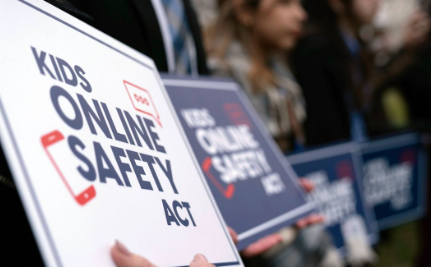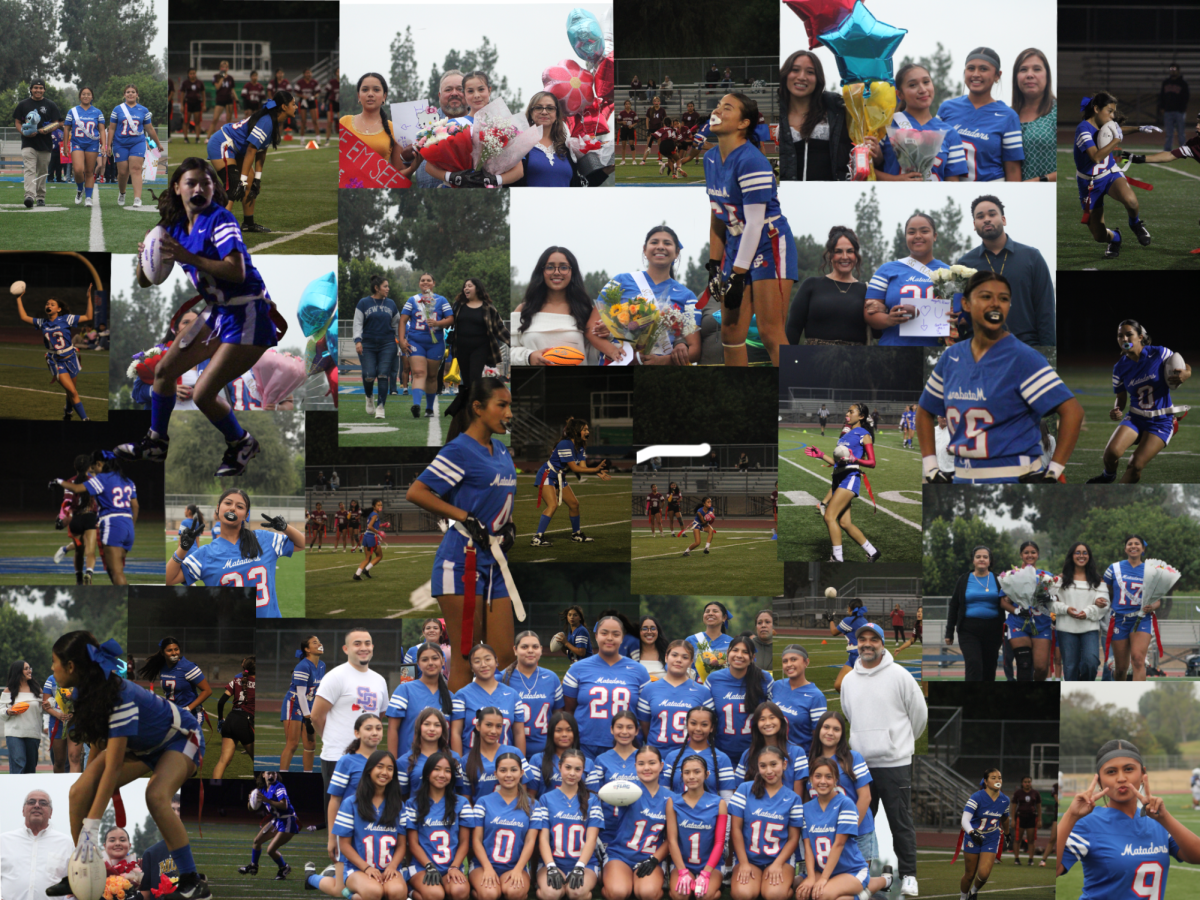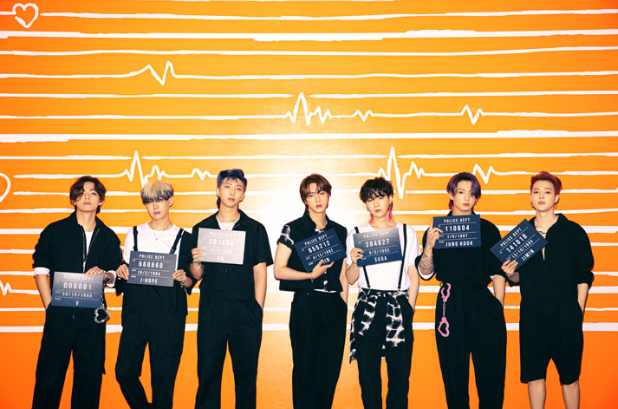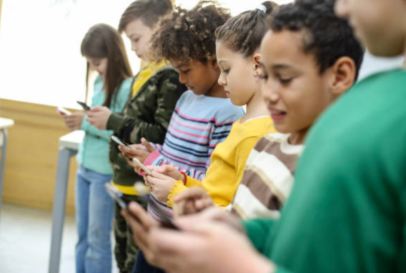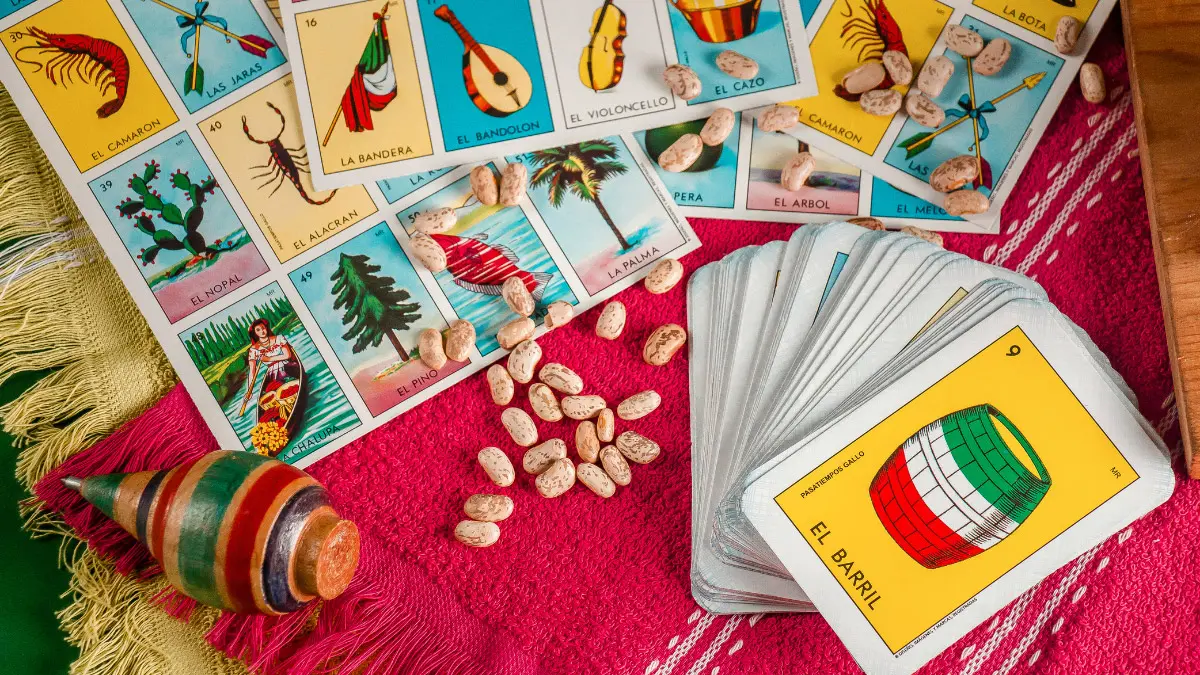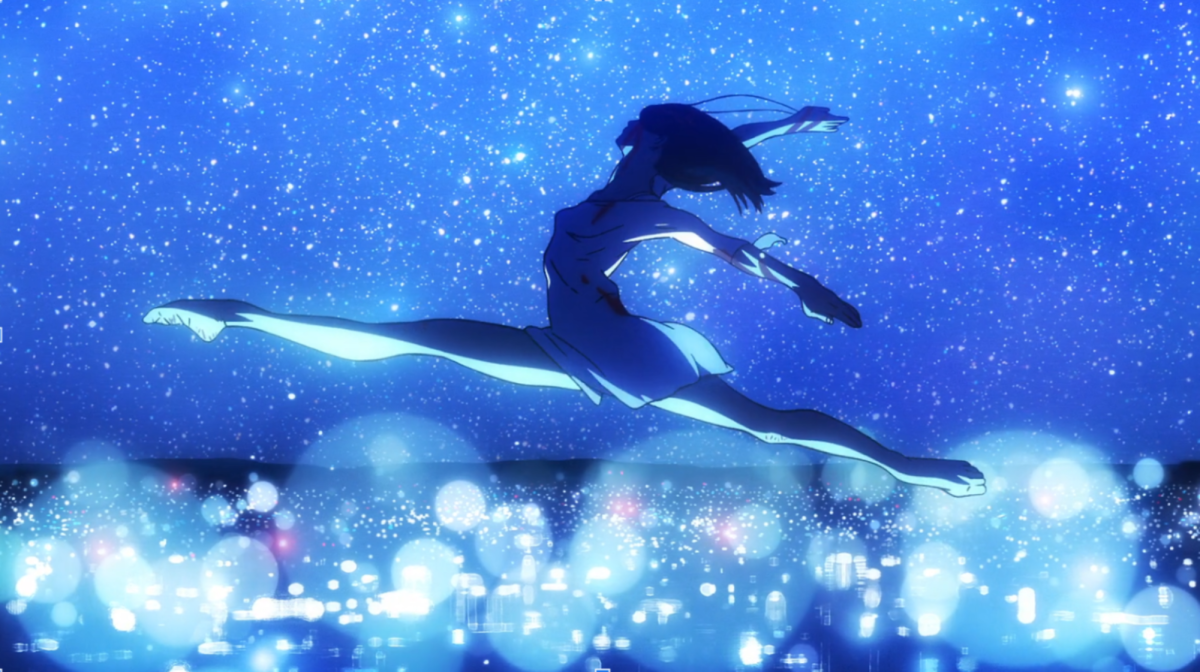(Spoilers alert)
The seventh episode of Dandadan, a Japanese manga series written and illustrated by Yukinobu Tatsu, received countless rave reviews and sparked widespread discussion online.
Plot Recap
The episode begins with a first-person perspective of a black-haired woman sprinting through a rainy street, crying out in anguish. Later, the narrative shifts to featuring Acrobatic Silky, a youkai (Japanese monster) who attacks Momo and Okarun, believing they have taken Aira Shiratori. Flashbacks reveal the youkai’s tragic past: once a single mother who endured poverty and violence, she transformed into a youkai after losing her daughter.
To save Aira, she sacrifices herself, transferring her aura to the dying girl. In the youkai’s final moments, Aira forgives her and calls her “Mommy,” fulfilling the youkai’s longing to be called “mother”. The episode ends with Aira tearfully hugging the decomposing Acrobatic Silky and acknowledging the youkai’s—formerly human—sacrifice and the depth of her unconditional love, despite the pain and violence that had twisted her existence.
How the author felt about this episode
The tender moments shared between the mother and daughter—moments that reflect unconditional love, care, and dedication—contrasted the tragic, violent end of them. It is no wonder that Dandadan Episode 7 creates waves of ripples within the anime community, or even among those who do not watch anime, as it successfully captures the resilience of maternal love, the raw power of human emotions, and societal impacts on marginalized individuals. The devastating ending of the mother and daughter, while fictional, still highlights how poverty and gender violence can destroy even the most innocent of bonds.
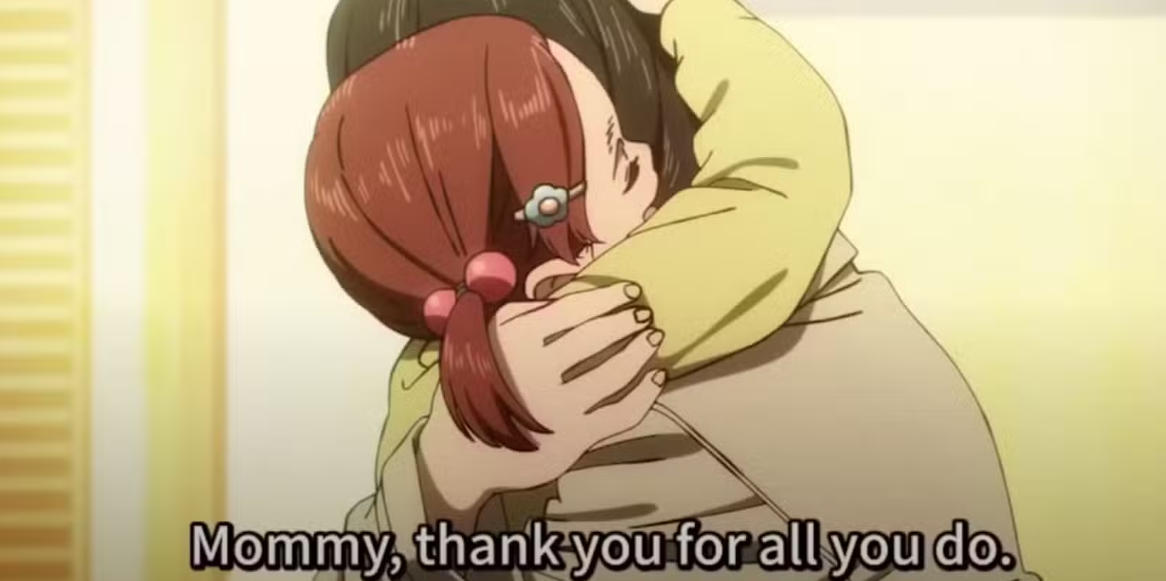
At the same time, the episode effectively shows how maternal instinct—a sense of gravitational pull felt by a mother to her child, and her child’s welfare—overrides fear, pain, and even self-preservation. The mother’s bodily response to protect her daughter, even at the cost of her life, demonstrates the strength of maternal love—a love that is often bound by sacrifice, struggle, and sometimes tragic loss.
Regardless, while Dandadan is being set in Japan, it is still capable of reminding readers that a patriarchal society—no matter in what country—systematically marginalizes women and perpetuates cycles of inequality and violence. Among women, single mothers are far more vulnerable, as they often face heightened financial stress, socio-cultural scrutiny, and lack of social support. It reflects how governments are not doing enough for those in need—they should put in more effort to identify single parents and offer them more financial support, so that they can take care of their children without overwhelming themselves.
All in all, the powerful messages and unfiltered emotions conveyed, combined with the outstanding animation quality, explained why this particular Dandadan episode received an exceptional IMDb rating of 9.7/10. Unlike other shounen manga series that overly focus on action-packed battles, such as Jujutsu Kaisen, Dandadan’s ability to explore deeply moving themes such as parental love, structural inequality, and redemption while delivering visually stunning scenes and profound character development makes it stand out from modern anime.
While some may criticize Dandadan for being overly explicit in its portrayal of sexuality and violence, there is no denying that these elements serve to display the harsh realities—that many people are currently facing today—and bring our awareness to them.
Anyways, if you plan to watch this episode, remember to have tissues prepared, as your emotions will surely overflow!


